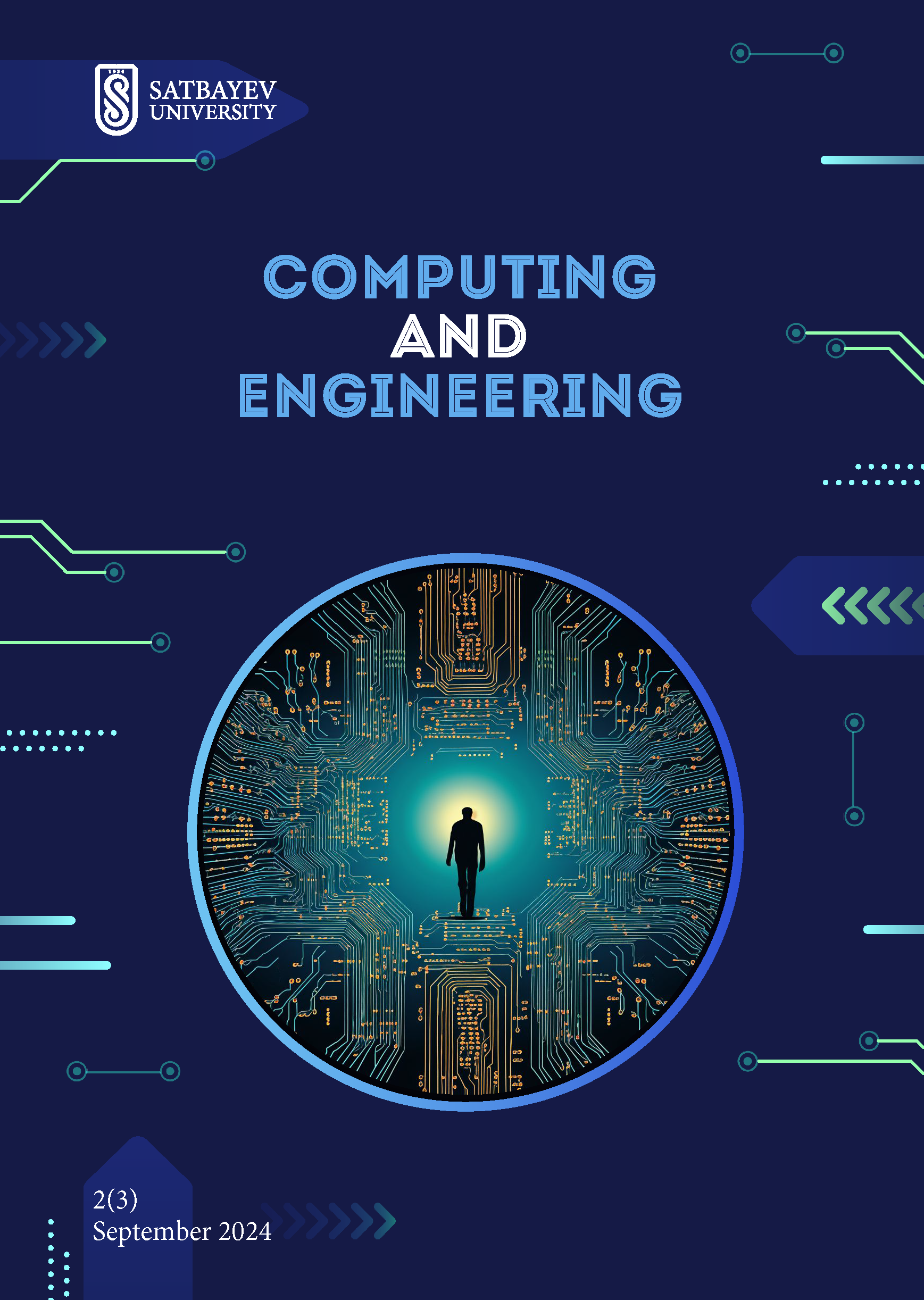Таратылған үлкен деректер жүйелеріндегі деректердің қауіпсіздігі: PII-ді қорғау
##plugins.pubIds.doi.readerDisplayName##:
https://doi.org/10.51301/ce.2024.i3.06Ключевые слова:
таратылған жүйелер, үлкен деректер қауіпсіздігі, жеке басын куәландыратын ақпарат (PII), гомоморфты шифрлау, дифференциалды құпиялылық, қол жеткізуді басқару, атрибуттарға негізделген шифрлау, федеративті оқыту, қауіпсіз көпжақты есептеулер, блокчейн, бұлтты есептеулер, тұманға қарсы есептеулер, озық есептеулер, жасанды интеллектке негізделген қауіпсіздікАннотация
Бұл шолу үлкен деректерді өңдеуде қолданылатын таратылған жүйелер үшін деректерді қорғау әдістемелеріндегі соңғы жетістіктерді зерттейді. Бұлтты, тұманды және шеткі есептеулердің таралуымен жеке сәйкестендірілетін ақпаратты (PII) қорғау басты басымдыққа айналды. Мақалада криптографиялық схемаларды (мысалы, гомоморфты шифрлау, дифференциалды құпиялылық), қол жеткізуді басқару механизмдерін (ABAC, IAM), қауіпсіз көпжақты есептеулерді (SMPC), қауіптерді анықтау және құпиялылықты сақтау үшін жасанды интеллектке негізделген аналитиканы қоса алғанда, заманауи шешімдерді санаттарға бөлу және бағалау қарастырылған. Модельдерді оқыту, сондай-ақ орталықтандырылмаған қол жеткізуді басқару және деректердің тұтастығын қамтамасыз ету үшін блокчейн қолданбалары. Салыстырмалы құрылым осы әдістердің әр түрлі үлестірілген ортадағы күшті және шектеулерін көрсетеді. Шолу таратылған үлкен деректер экожүйелеріндегі деректерді қорғаудың өсіп келе жатқан талаптарын қанағаттандыру үшін көп деңгейлі, конвергентті қауіпсіздік стратегияларын әзірлеуге шақырумен аяқталады.
Загрузки
Опубликован
Как цитировать
Выпуск
Раздел
Лицензия
Copyright (c) 2024 Computing & Engineering

Это произведение доступно по лицензии Creative Commons «Attribution-NonCommercial-NoDerivatives» («Атрибуция — Некоммерческое использование — Без производных произведений») 4.0 Всемирная.
<div class="pkpfooter-son">
<a rel="license" href="http://creativecommons.org/licenses/by-nc/4.0/"><img alt="Creative Commons License" style="border-width:0" src="https://i.creativecommons.org/l/by-nc/4.0/80x15.png"></a><br>This work is licensed under a <a rel="license" href="http://creativecommons.org/licenses/by-nc/4.0/">Creative Commons Attribution-NonCommercial 4.0 International License</a>.
</div>





